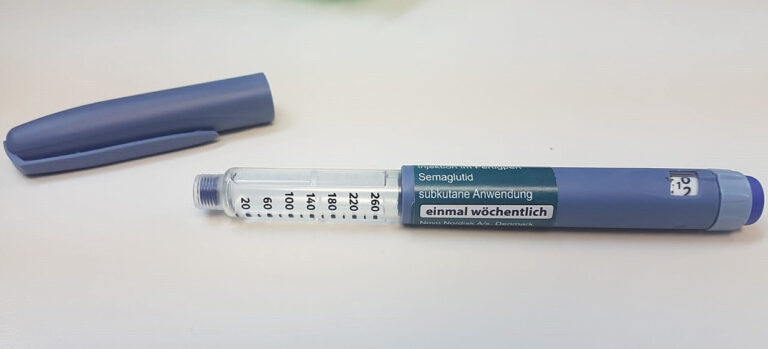Radioligand Therapy (RLT) is a sophisticated form of precision oncology that represents a major advancement in cancer treatment. It employs a two-part system to specifically target and destroy cancer cells while minimizing damage to surrounding healthy tissue. The first part is a ligand (a small molecule or peptide), which acts as a homing device, engineered to bind selectively to receptors that are highly expressed on the surface of tumor cells. The second part is a radioactive atom (the radioligand), which is chemically attached to the homing device. Once administered intravenously, the ligand seeks out and locks onto the cancer cells, delivering a lethal dose of radiation directly to the tumor site from the inside.
This highly localized delivery mechanism makes RLT particularly effective for treating metastatic cancers and solid tumors that are difficult to reach or treat with traditional radiation or chemotherapy. As the field matures, RLT is moving beyond prostate and neuroendocrine tumors, with new programs exploring its use alongside other targeted agents like Antibody-Drug Conjugates (ADCs) and immunotherapies, solidifying its role as a game-changing modality in the oncology landscape.


